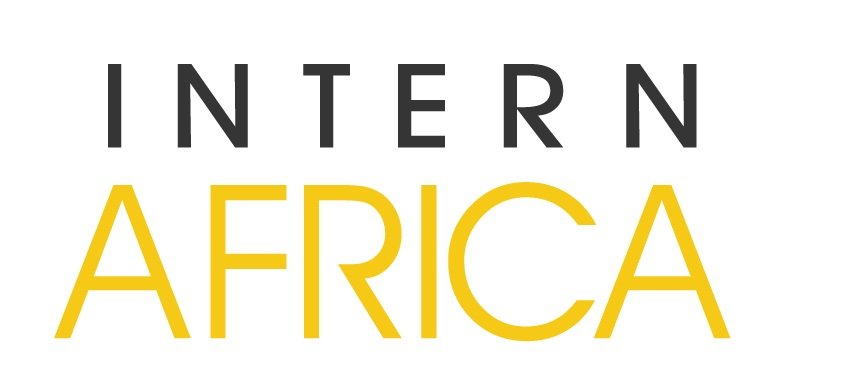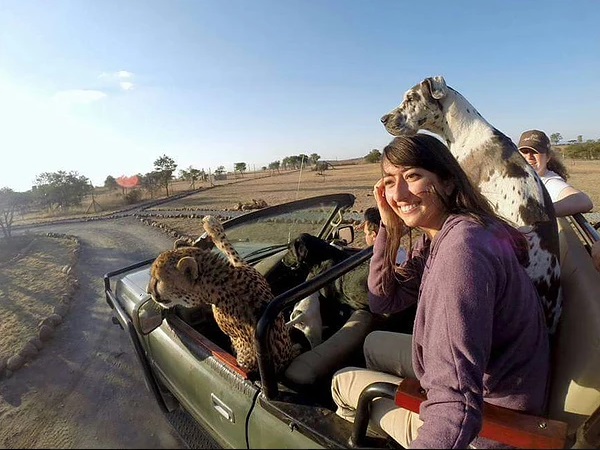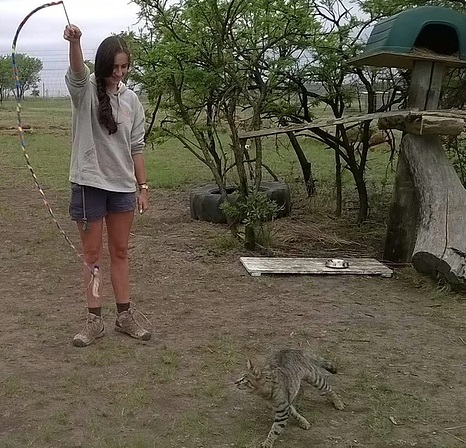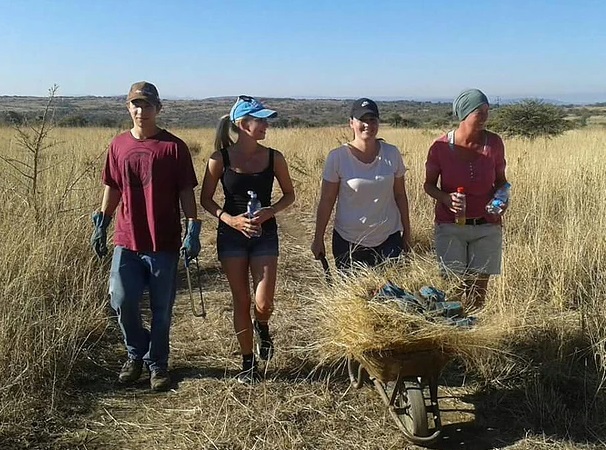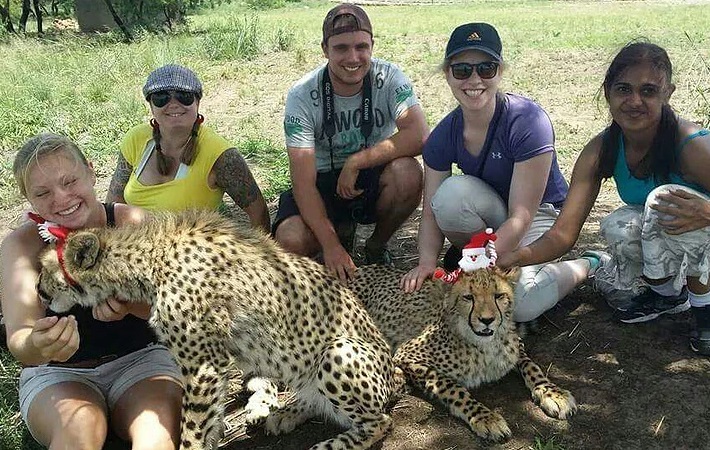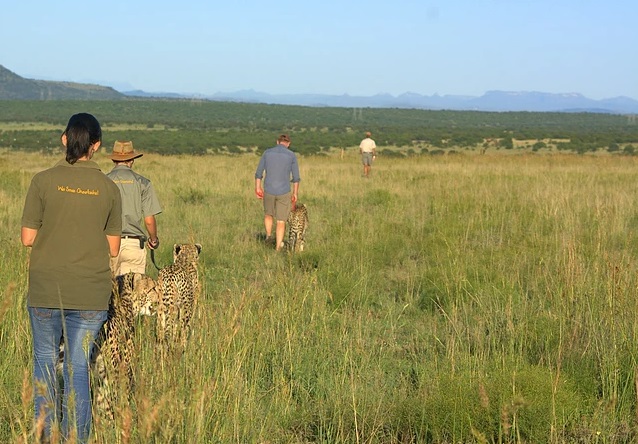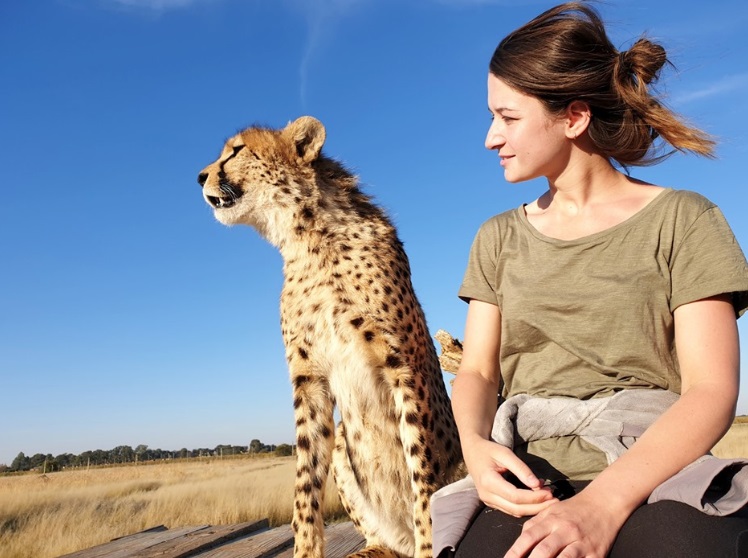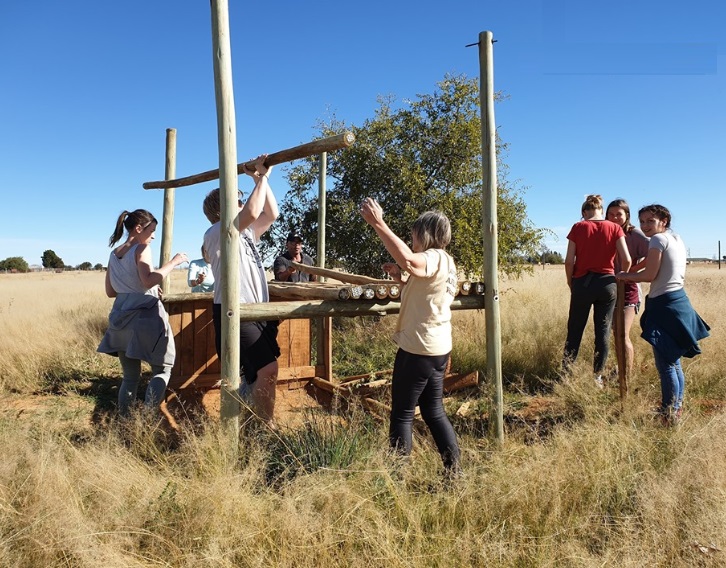South Africa
CHEETAH SANCTUARY VOLUNTEER PROGRAM
ANIMAL CONSERVATION AFRICA VOLUNTEERING
An exciting animal conservation Africa volunteer programme. The cheetah is the fastest mammal on the planet, and is a species that is dangerously close to extinction. In South Africa, the cheetah’s natural home, The Running Wild centre has been established to help save this majestic species from the brink of extinction. Getting involved in this project is your way to directly contribute to helping save this amazing species, as well as enlarge conservation efforts to further protect these endangered wild cats.
As a volunteer at The Running Wild Conservation Volunteer Project, you will gain hands-on experience in working with animals and learn about African endangered wildlife, while ensuring the survival of cheetahs in the wild for generations to come. The opportunity to work in close proximity to these amazing animals will teach you a whole new appreciation for them, while contributing to the prevention of their natural and wild extinction. As a rule, the centre does not exploit or take advantage of the animals that it protects for any monetary gain, hence the centre does not offer public tours for visitors, and no breeding is ever done for the purposes of trade. The most exciting cheetah project in Africa’s sole forms of income arrive in the form of donations, fundraisers, and of course, the volunteers.
On the farm, the cheetahs and endangered cats are bred for the sole purpose of being released into the wild and takes only place for animals that can be successfully released like cheetah, black footed cats, servals and African Wild Cats. The program believes in the natural state of being of these creatures, and as such, are never bred for trade purposes. Over the past 12 months the centre has releases four cheetahs back into the wild, while they are waiting on the permits for the release of another six. You might even get the chance to release some of the animals.
As a volunteer at The Running Wild Conservation Volunteer Project, you will gain hands-on experience in working with animals and learn about African endangered wildlife, while ensuring the survival of cheetahs in the wild for generations to come. The opportunity to work in close proximity to these amazing animals will teach you a whole new appreciation for them, while contributing to the prevention of their natural and wild extinction. As a rule, the centre does not exploit or take advantage of the animals that it protects for any monetary gain, hence the centre does not offer public tours for visitors, and no breeding is ever done for the purposes of trade. The most exciting cheetah project in Africa’s sole forms of income arrive in the form of donations, fundraisers, and of course, the volunteers.
On the farm, the cheetahs and endangered cats are bred for the sole purpose of being released into the wild and takes only place for animals that can be successfully released like cheetah, black footed cats, servals and African Wild Cats. The program believes in the natural state of being of these creatures, and as such, are never bred for trade purposes. Over the past 12 months the centre has releases four cheetahs back into the wild, while they are waiting on the permits for the release of another six. You might even get the chance to release some of the animals.
- Age: min.18 - max. 70
- Location: Bloemfontein
- Requirements: You need to be physically fit and at least 18 years old. Furthermore, you don’t mind to get your hands dirty.
- Group size: max 30 participants
- Project duration: 1 week - 12 weeks
- Laundry: Laundry can be done on Wednesday's at a cost of R50 per bag/load
- WIFI: No wifi, but you can purchase a simcard and load data
- Linen/towels: Linen and towels are provided.
Location
They are based in the Free State region in Bloemfontein in the heart of South Africa.
Requirements
You need to be physically fit and at least 18 years old.
Programme
Animals that are in need of a home, whether injured or traumatised are accommodated at the farm. Work with these animals and gain experience in activities like cleaning, building enclosures, feeding, and spending time with the animals.
The animals that are located at the sanctuary who are being bred are Cheetah, Black Footed Cats, Servals, African Wild Cat.) Other animals include injured, orphaned and rescued animals that are not able to be released. Animals at the project include the following: Cheetahs, Lions, Servals, Caracals, Meerkats, African Wild Cats, Black Footed Cats, Genets, Vervet Monkeys, Bat Eared Foxes, Honey Badger, Jackal and Porcupines. Some only temporary for a few months until they have been rehabilitated and ready for release back into a suitable habitat.
Volunteer Project Highlights
Aside from the fact that you will be working with cheetahs, the program has other aspects that are just as appealing:
Main activities you will be involved in as a volunteer:
Volunteers will work 6 out of 7 days a week, with Sunday being given to volunteers as a day off. Other than that, volunteers will be free on Wednesday afternoons to spend their time as they please. It is best to try and keep your schedule as flexible as possible as the needs of the animals do come first, and do take priority.
Living on the farm is an experience all unto itself, as you will be sharing your space with a host of wild African animals, which include lions, cheetah, meerkat, black footed cats, serval and more. The farm has become home to these animals, being too injured, traumatised or abandoned to return to the wild. Here these ill-equipped animals receive the medical support, attention and care that they need to make this life a good one.
Supervision / Co-ordination
Volunteers are placed under the supervision of various staff members due to the nature of the work. One member of the team is assigned as “team leader” to facilitate the smooth operation of your stay and provide guidance where necessary.
The Volunteer Leader
The volunteer leader is usually a volunteer who is on a long term contract or has volunteered at this project previously – they are not professional guides. The Leader can be of great assistance when a problem arises though please approach them at a convenient time outside of busy working hours.
Accommodation & meals
There are three options for accommodation:
Option 1 - Volunteer House: The three bedroom farm house is within walking distance to the main lodge. There is a fully functional kitchen, one bathroom and an extra bathroom facility at the camp site. 2 – 8 volunteers share one room. Males and females are separate.
Option 2 - Private Room (in volunteer house and if available) This option will give you a private room in our volunteer house. You will share the bathroom and kitchen with the other volunteers. This will cost you R150 per day extra.
Option 3 - Upgrade Room (Lodge) This option will give you a private with an ensuite bathroom, a television, air conditioning and underfloor heating. You will be sharing the kitchen with the other volunteers in the volunteer house. This will cost you R600 per room, per day extra.
Meals
Volunteers will receive 3 meals a day:
Breakfast : Cereals, fruit, eggs, toast and spreads.
Lunch : Wraps, Hotdogs, Toasted Sandwiches, Burgers, Pitas etc
Dinner : A hot meal will be served every night such as a traditional BBQ, stews, casseroles, fresh vegetables and meats etc.
Tea and coffee will be available. All other drinks will be at own expense, though tap water is safe to drink A generous amount of food will always be given. If snacks are desired there are several grocery stores nearby. There will be refrigeration available for volunteer’s personal food and soft drinks. All dinners will include a meat, starch and vegetable
Important Reminder: You must advise of any dietary needs (e.g. if they are vegetarian or have any allergies) prior to their arrival. Participants with very specific dietary needs may be required to supplement their meals at their own expense.
They are based in the Free State region in Bloemfontein in the heart of South Africa.
Requirements
You need to be physically fit and at least 18 years old.
Programme
Animals that are in need of a home, whether injured or traumatised are accommodated at the farm. Work with these animals and gain experience in activities like cleaning, building enclosures, feeding, and spending time with the animals.
The animals that are located at the sanctuary who are being bred are Cheetah, Black Footed Cats, Servals, African Wild Cat.) Other animals include injured, orphaned and rescued animals that are not able to be released. Animals at the project include the following: Cheetahs, Lions, Servals, Caracals, Meerkats, African Wild Cats, Black Footed Cats, Genets, Vervet Monkeys, Bat Eared Foxes, Honey Badger, Jackal and Porcupines. Some only temporary for a few months until they have been rehabilitated and ready for release back into a suitable habitat.
Volunteer Project Highlights
Aside from the fact that you will be working with cheetahs, the program has other aspects that are just as appealing:
- Gain hands-on experience working with both cheetah and lion
- Experience working with smaller cats too, including serval and caracal
- Living a stone throw’s distance from the lion and cheetah enclosures
- Experience the life of the animals first hand
- Work with a passionate and motivate team
- Learn about conservation efforts and the unique animals of Africa
- You get to experience farm animals living freely among wild animals
Main activities you will be involved in as a volunteer:
- Monitoring and capturing information regarding the animals health and behaviour
- Maintenance and cleaning of the animal enclosures, including the removal of bones and any other unwanted goods
- General clean-up of the camp area
- Assist in the preparation of food and the feeding of the animals. You can take part in the daily feeding of a variety of orphaned and permanently housed animals (this depends entirely on the animals at the centre at the time)
- Clean the water bowls and dams, and refill them with fresh water
- Assist in the cheetah fitness training, helping to improve their hunting skills. You will be assisting staff with the cheetahs running on the lure machine
- Clearing away of bushes and making walking paths
- The removal of invasive plant species
- General maintenance work, including: painting, building and repair work that is needed on the animal enclosures and other structures
Volunteers will work 6 out of 7 days a week, with Sunday being given to volunteers as a day off. Other than that, volunteers will be free on Wednesday afternoons to spend their time as they please. It is best to try and keep your schedule as flexible as possible as the needs of the animals do come first, and do take priority.
Living on the farm is an experience all unto itself, as you will be sharing your space with a host of wild African animals, which include lions, cheetah, meerkat, black footed cats, serval and more. The farm has become home to these animals, being too injured, traumatised or abandoned to return to the wild. Here these ill-equipped animals receive the medical support, attention and care that they need to make this life a good one.
Supervision / Co-ordination
Volunteers are placed under the supervision of various staff members due to the nature of the work. One member of the team is assigned as “team leader” to facilitate the smooth operation of your stay and provide guidance where necessary.
The Volunteer Leader
The volunteer leader is usually a volunteer who is on a long term contract or has volunteered at this project previously – they are not professional guides. The Leader can be of great assistance when a problem arises though please approach them at a convenient time outside of busy working hours.
Accommodation & meals
There are three options for accommodation:
Option 1 - Volunteer House: The three bedroom farm house is within walking distance to the main lodge. There is a fully functional kitchen, one bathroom and an extra bathroom facility at the camp site. 2 – 8 volunteers share one room. Males and females are separate.
Option 2 - Private Room (in volunteer house and if available) This option will give you a private room in our volunteer house. You will share the bathroom and kitchen with the other volunteers. This will cost you R150 per day extra.
Option 3 - Upgrade Room (Lodge) This option will give you a private with an ensuite bathroom, a television, air conditioning and underfloor heating. You will be sharing the kitchen with the other volunteers in the volunteer house. This will cost you R600 per room, per day extra.
Meals
Volunteers will receive 3 meals a day:
Breakfast : Cereals, fruit, eggs, toast and spreads.
Lunch : Wraps, Hotdogs, Toasted Sandwiches, Burgers, Pitas etc
Dinner : A hot meal will be served every night such as a traditional BBQ, stews, casseroles, fresh vegetables and meats etc.
Tea and coffee will be available. All other drinks will be at own expense, though tap water is safe to drink A generous amount of food will always be given. If snacks are desired there are several grocery stores nearby. There will be refrigeration available for volunteer’s personal food and soft drinks. All dinners will include a meat, starch and vegetable
Important Reminder: You must advise of any dietary needs (e.g. if they are vegetarian or have any allergies) prior to their arrival. Participants with very specific dietary needs may be required to supplement their meals at their own expense.
Dates
The project starts each Monday and the minimum duration is 2 weeks.
Rates
Rates includes
The project starts each Monday and the minimum duration is 2 weeks.
Rates
| Duration | Fee |
|---|---|
| 2 weeks | Until April 2023: 20150 ZAR / From May 2023: 22150 ZAR |
| 3 weeks | Until April 2023: 29150 ZAR / From May 2023: 32250 ZAR |
| 4 weeks | Until April 2023: 38500 ZAR / From May 2023: 42150 ZAR |
Rates includes
- Accommodation
- All meals
- Weekly town trips
- Flights
- Transfers to the project Between 800 ZAR and 1200 ZAR
- Beverages
- Visa fees (if required)
- Travel Insurance
- Weekend activities and trips
